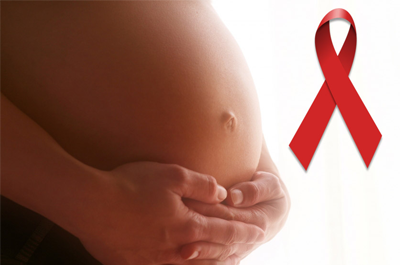
Persistence of HIV maternal transmission presents great challenge in Brazil, experts say
Despite the good numbers, Brazil is unable to identify why some women abort prenatal follow-up or antiretroviral treatments
14/10/2015
Estimates are some 240 thousand Brazilian women in fertile age are infected by the AIDS virus and most of them are unaware of their infection
Cuba is the first country to eliminate maternal transmission of HIV , according to World Health Organization. Brazil still has a long way to go to accomplish this feat, although statistical data show some progresses in the right direction.
Brazil has reported a 50% decrease in AIDS cases between 2005 and 2013 among children under 5 years of age. Since serological screening for HIV during prenatal follow-up, the maternal-fetal transmission rates have dropped signifficantly, and now is around 8%.
Despite the good indicators, eradicating HIV maternal transmission in the Country is still a great challenge, according to Dr. Dorcas Lamounier Costa, PhD in Infectious Diseases and Tropical Medicine from the Federal University of Minas Gerais (UFMG). Our estimates indicate some 240 thousand fertile women in Brazil are infected by the AIDS virus and most of them are unaware of their infection, said the researcher.
Most of the Brazilian cities do not have the necessary devices able to identify why some women abort prenatal follow-up or antiretroviral treatments. HIV testing in the delivery rooms are not performed at all times and the health quality of health services in the porrest regions needs radical – exactly where AIDS epidemic is growing, she alerts.
HIV transmission through breast milk is a hard to solve problem – especially when women have a negative HIV test during pregnancy or were infected after giving birth.
Despite maternal transmission still accurs, in a short past science was unable to explain how infected mothers could not infect their children, in great part of the cases. The clarification came recently in a study involving rhesus monkeys published on Science Translational Medicine and lead by Dr. Joseph McCune, from California University.
When placing the cubs in the uterus of mothers in contact with SIV, an HIV-similar microorganism that affects non-human primates, scientists were able to identify immunological markers that protected the small monkeys from the pathogen. The research demonstrated that animals exposed to SIV inside the uterus enhanced their immune responses, according to information from the Correio Braziliense newspaper.
Dr. Dorcas, however, alerts that studies as Dr. McCunes are still underdeveloped and will not bring short-term solutions for this kind of transmission. I do not believe we can dream about the end of vertical transmission in a short period, despite all great progresses towards this during the last few years, she highlights while reminding knowledge itself will not be enough to prevent more children from becoming infected by their mothers. A giant leap will be necessary to bring this knowledge to all those who can benefit from it.
…










